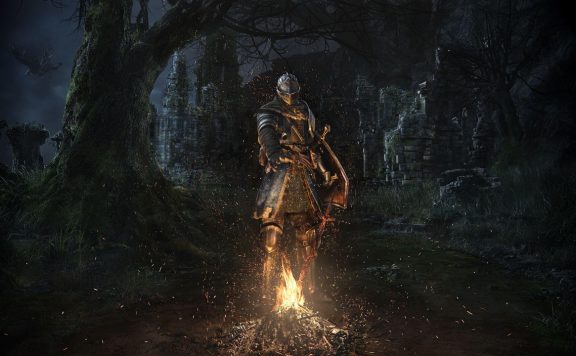Some games have everything in place to be great, but there is one thing that is a little off. A small, seemingly minor problem that is magnified by other features being dependent on it. Like the old comedy sketch where a guy goes to get his moustache trimmed and as the barber snips a bit at one side, he realises the other side is not even, so he keeps adjusting until the man has no moustache at all. That happens with games except instead of a moustache it is the player’s patience that slowly vanishes.

Itorah is a gorgeous debut from Grimbart Tales. The animations and backgrounds for this 2D metroidvania are lavish and colourful. The player takes on the role of the main character, a mute human in a world inspired by Mesoamerican mythology and tasked with rescuing it from a plague. This means meeting up with anthropomorphic bipedal animals, gods and alternate universe Jimi Hendrix. As expected, there is platforming, combat, exploration and abilities that unlock hitherto unreachable spots.
The writing is sparse but well done to pitch this world living on the edge of hope but one that has not given up. The snarky axe that Itorah inherits early on is wonderfully grumpy and the intrepid cat explorer is fun to interact with.

The world is well designed too, with nothing feeling to far away as the new abilities are unlocked so the player is never forced to retrace their steps too much. The abilities all make sense – a powered attack, a downward slice, a mid-air dash – and they unlock regularly so that the player always has something do.
The soundtrack, a bit glitchy in places, is still great and sets the scene for each new, rich biome.
Itorah would be an easy recommend right next to Ori and the Blind Forest, but there is the matter of the one minor problem. That problem is that the controls are just a little off. I started out on a Duke controller and immediately came into problems with the stick responsiveness and misplaced inputs. I switched to another controller and the behaviour persisted. I was constantly under or overshooting on jumps. In the beginning as the areas were forgiving, I let it slide, Itorah was just so nice to explore that I didn’t mind.
Later stages are less forgiving, with the game committing to ‘no sight’ jumps – this is where the platform is visible at first but in the act of jumping up the platform is taken off screen. In other games this extra bit of challenge can be daring, but in Itorah it lacks the sense of satisfying control. This is compounded by long stretches of platforming requirements without checkpoints. Often, I found myself approaching overshooting a jump, then trying again and undershooting it, much like the aforementioned comedic moustache sketch this course correction back and forth whittled down my health to the point that multiple sections made it vanish just like the moustache.
This is genuinely dispiriting because the style and storytelling is almost enough to carry Itorah. Played in short bursts and not binged in an attempt to review it might alleviate the problem. But that problem is still there and no matter how small it seems is going to rub some the wrong way.
Conclusion
Itorah is a wonderful world, with great level design and characters, hindered by one small mechanic that blemishes what should be a great game. Instead, it is just a good one.
This game was reviewed based on Xbox One review code, using an Xbox Series S|X console. All of the opinions and insights here are subject to that version. Game provided by publisher.
Want to keep up to date with the latest Xt reviews, Xt opinions and Xt content? Follow us on Facebook, Twitter, and YouTube.




